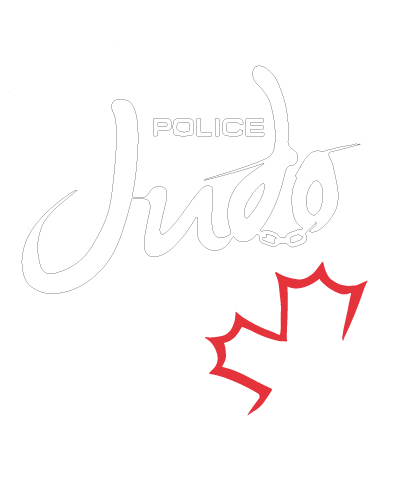SFU Police Fall Survey 2013
Every semester at SFU Police Judo (and soon to start at JIBC Police Judo) SFU provides the students an opportunity to provide feedback through an (anonymous at SFU) on-line survey created by the SFU Police Judo Instructors and Prof. Garth Davies, Criminology Dept., SFU.
As instructors, we review the results and make sure that our training is meeting the needs of the students. We are interested in hearing students' feedback on Police Judo training.
We are fortunate at SFU Police Judo to have so many return students (@75%) every semester, so after 4 years, the survey returns may be a little low for numbers this past semester (return students may not want to answer the survey repeatedly). However, from where we sit, the more returns the better!
Results:
1) The #1 reason for joining Police Judo is "fitness" as well as "fun and stress relief", followed closely by both self-defence and police tactics and techniques. Competition was not referenced in any of the surveys (consistent for the past 4 years).
2) The expected level of demand was being met (92%).
3) The techniques are practical (yes - 100%).
4) Satisfaction with coaching staff - very satisfied (83%) or satisfied (17%) with training.
5) Did SFU Police Judo meet expectations? - Fitness (100%) Self Defence (92%) Fun/Stress Relief (92%)
A Few of the Comments
Aspects that Deserve more or less training:
"More groundwork"
- We will be continuing to incorporate groundwork training and drills into our program. While it does not make a lot of sense for law enforcement personnel to be tied up ground fighting in the real world, it is valuable training that can help a person develop strength and skill, and allow them opportunity to deal with a close quarter struggle if needed. Groundwork in context will also help someone get up from a ground fight (which should be the ultimate goal for anyone in law enforcement or in a self-defence situation) should they be entangled in one. And, yes, it's fun!
"More time on freestyle groundwork and freestyle standup grappling and throwing..."
As per the above, we will always be incorporating freestyle groundwork into our programs. Freestyle standing work is training that requires more consideration. It is relatively easy to develop skill and experience in groundwork and another thing completely to acquire skill and proficiency in throwing and freestyle standing judo techniques. It is much harder. We have a responsibility to the members regarding their safety as an injury incurred here could put them out of a career if they are in an application process for law enforcement. So, we will always work towards incorporating challenging training such as throw-for-throw, grip fighting, and defend-attack drills to help build up the skill base for members in standing techniques, but we have to be careful on freestyle standing work until a solid breakfall and judo skill level exists (for both partners).
"Club getaways for the weekend to practice in other towns or facilities...."
As we have done continually since our inceptions, we are looking at developing different opportunities both to bring in special instructors and programming as well as to provide opportunities for members to attend training sessions outside of our area. Recently TTC black belt Adelphie and SFU Police Judo black belt Chin-I attended a four day women's Kata class seminar in California which they found very beneficial. Brian Shipper has arranged several higher belt seminars with guest instructors (two day workshops), as well as the NCCP course certification for higher belts. We have arranged a number of presentations ranging from Sgt. Kevin Torvik in Recruiting through to internationally renowned Geographic profiler Dr. Kim Rossmo for SFU Police Judo students. The SFU Police Judo instructors have attended and presented at International conferences in Chicago and California promoting Police Judo. Considerations for the future will be funding, locations, training sessions, and costing. We will be continuing to look for other relevant sessions and keep our members posted on this!
"Team building exercises for learning names of the members in the Club and who you practice with..."
We can look at this and will discuss it. Judo is relies on working with a partner, and we constantly change up experience and partnerships throughout the practice. Hoping that through the continued interchange of partners and opportunity to train and spend time with other members of the club there is ongoing learning regarding other members in the club.
"Make practice earlier in day - say 6pm?"
As we are sharing gym space and utilize the wrestling mats in the Central Gym, as well as the instructors are balancing full time work, the best suited times for being able to manage this program have proven to be at 19:30 hours. All Police Judo Clubs start training at 19:30 hours (JIBC, TTC, and SFU). There may be an opportunity to run additional classes, but currently we just don't have the resources nor space available to run a different time slot for this program.
"The class is fantastic!! I have recommended it to people as it is great for self defence, a good work-out, and a lot of fun with an excellent group of people. The instructors teach great lessons and make the class relaxed and very enjoyable. Thanks so much!!"
No. Thankyou!





